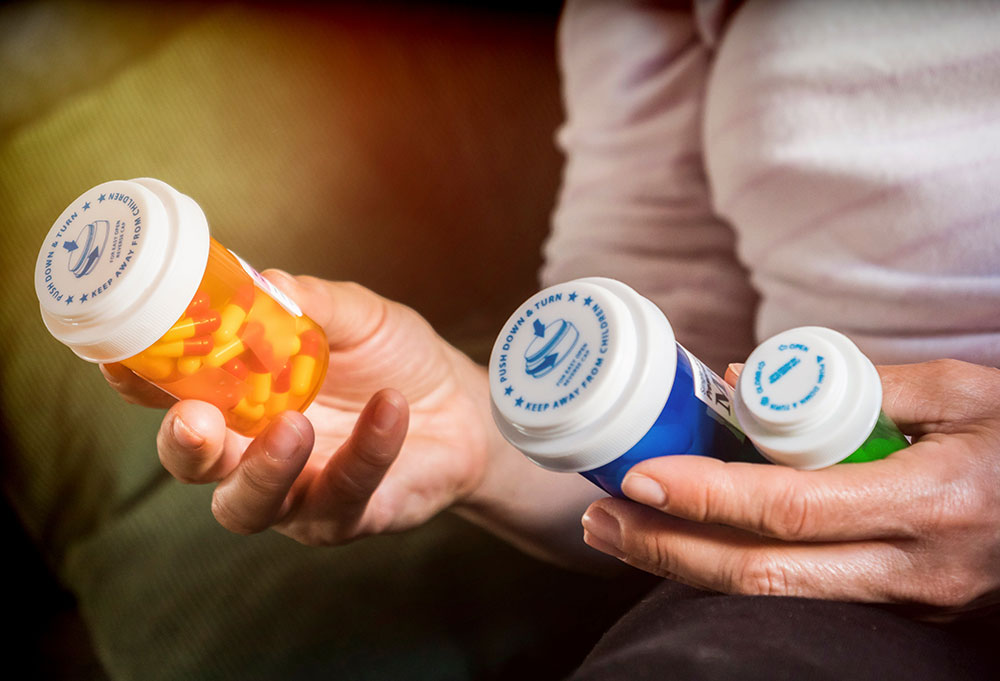

October 14, 2024
As adults age, the need for prescription drugs to treat various health conditions often increases, which is why prescription drug coverage is considered the most used benefit in Medicare.
Yet high costs sometimes prohibit seniors from getting the prescription drugs they need. Most seniors live on fixed incomes—in fact, about 40% of seniors live off their Social Security check alone, according to the National Council on Aging. Tight budgets mean some Medicare members end up having to decide between paying for a prescription or buying food. Affordability of drugs is a key factor for older adults to be able to take care of their health.
In recent years, the Centers for Medicare & Medicaid Services has made big changes to help adults on Medicare afford their medication, including a $35 cap on insulin costs and $0 cost for vaccines, like those for flu and pneumonia. Also, in 2024 Medicare expanded its Extra Help program to help people pay their prescription drug plan premiums.
In 2025, changes will be made to Medicare Part D that will make getting prescription drugs even more affordable for seniors.
- Medicare is finally getting rid of the coverage gap stage, also called the donut hole. This stage of coverage has confused people for years and required people to pay the bulk of their drug costs.
- Out-of-pocket costs for drugs will be capped at $2,000 per year.
- People with Part D plans also will be able to set up a payment plan to spread out their prescription drug costs over the year instead of getting hit with a big bill all at once.
These changes will make a big difference in helping seniors afford their medications, which should help improve the health outcomes of older Americans. The key tenet of treating most medical conditions is drug therapy, as many advances in medicine have been made to improve outcomes and prolong life.
While it’s absolutely crucial that people get the medications they need to take care of their health, the changes being made to cap out-of-pocket costs could have a downstream effect on health care costs. We want to make sure cost remains an important consideration when providers are prescribing drugs. For example, much like choosing store-brand sugar over name-brand sugar at the grocery store, generic alternatives are just as effective as brand drugs, they’re just less expensive.
But helping our Medicare members afford their drugs typically isn’t the only assistance they need to take their medications as their doctors prescribe. Medicare Part D is complicated, and the regulations for it change every year. Education is continuously needed, for our members, and for the providers who prescribe medication to our members. For more information about Medicare Part D, visit our website.
Recently, Florida Blue Medicare started a new pharmacy concierge program to help predict our members’ prescription drug questions and needs. We have a new model that looks at prescriptions that have been rejected to solve the issue with the pharmacy, often before the member even knows an issue has arisen. So far, the program has been a big success, and our members tell us they appreciate us reaching out to them and helping them resolve the problem.
We are here to help support the care journey of our members and the use of prescription drugs. It’s all part of our mission to help people achieve better health.
Sources: